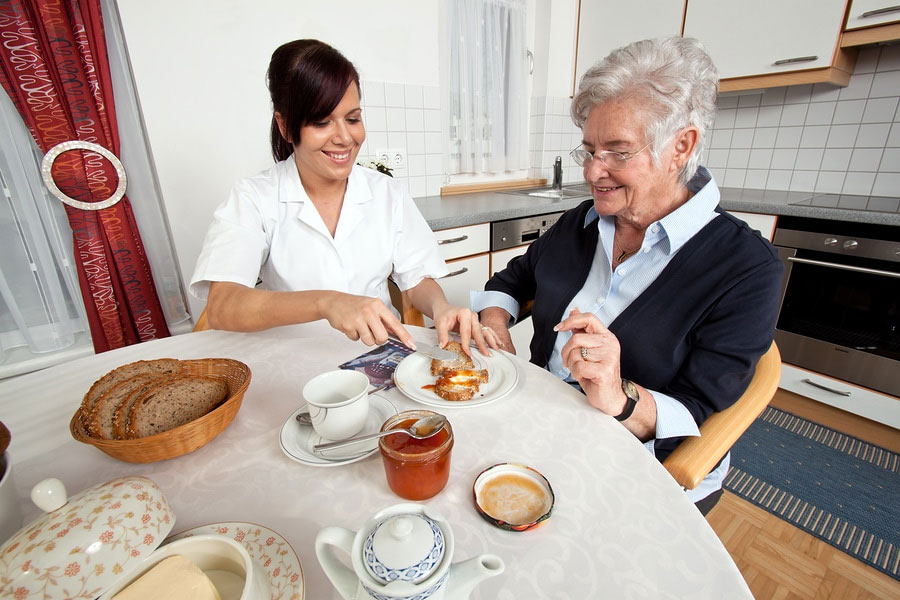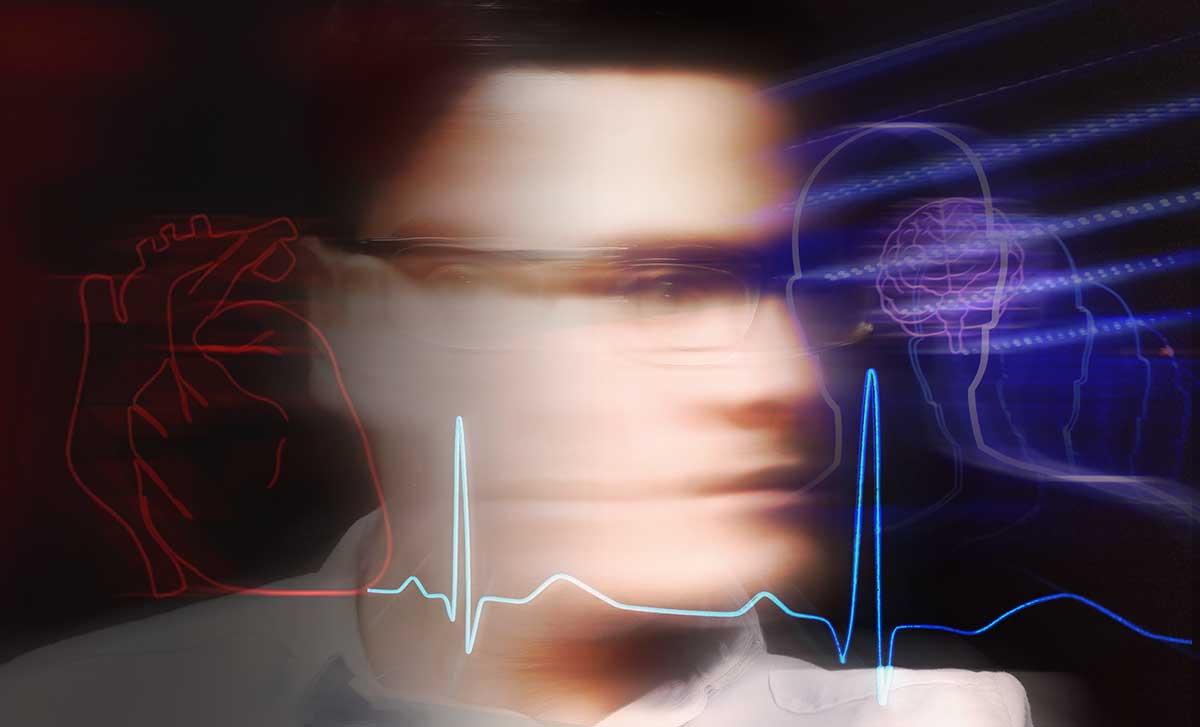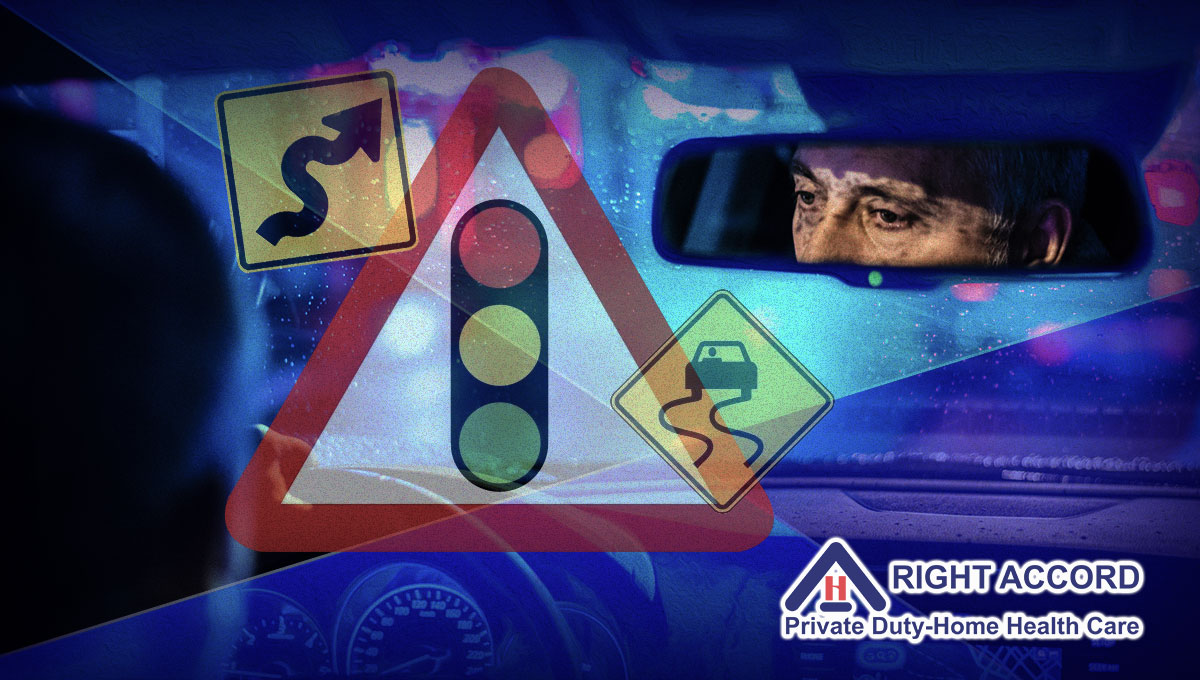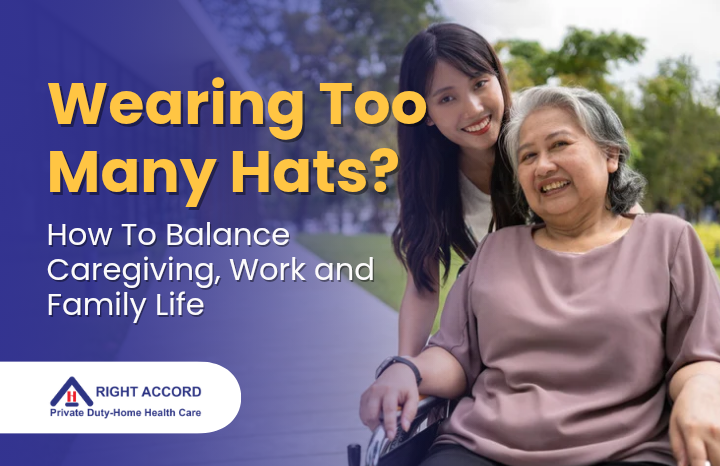· 7 min read
Prevent Isolation & Depression Among Elderly During Holiday
Isolation and depression among elderly during the holidays are concerning. So here are some warning signs and helpful ways to mitigate depression among elderly
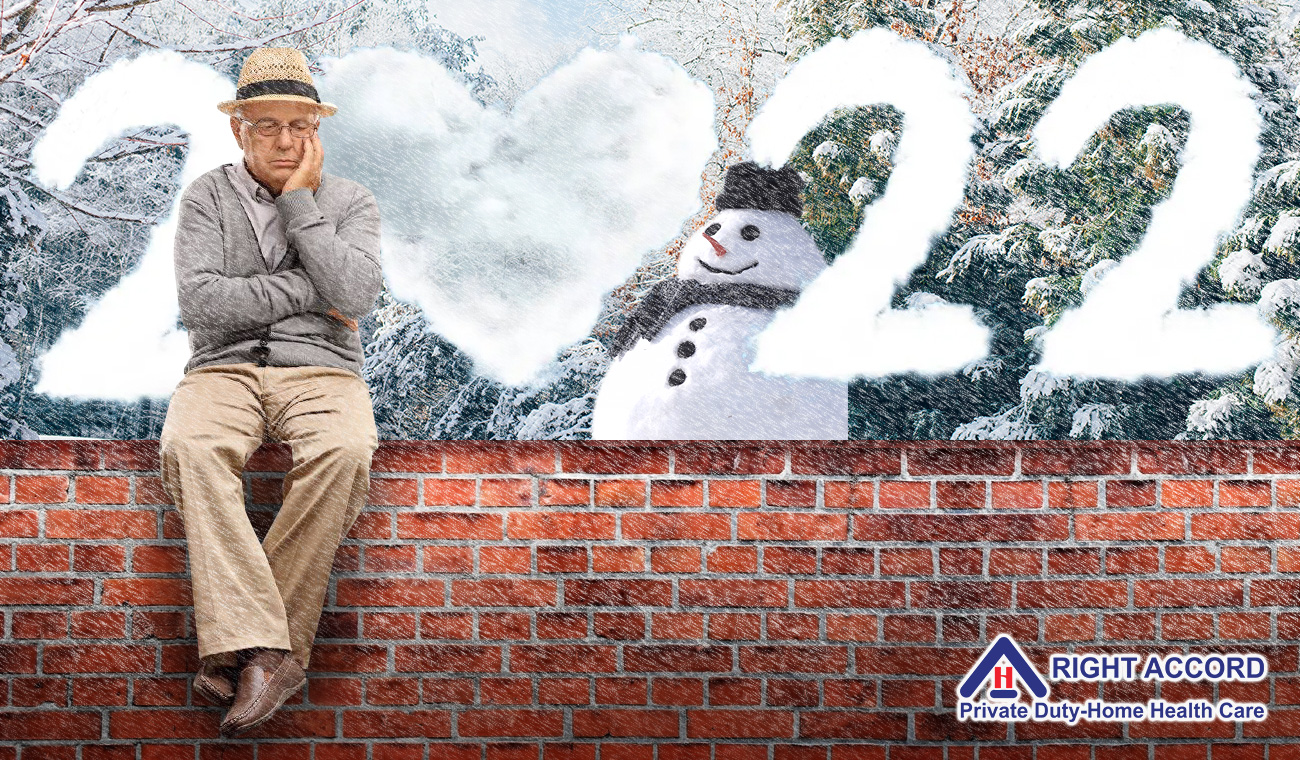
By: Rosemarie Tamunday Casanova — RN, BSN, MHA
It has been estimated that approximately 6 million people, perhaps even more, over the age of 65 suffer from clinical depression. The growing elderly population have a lot to worry about, starting from their many recollections of how things used to be, how independent and self-sufficient their lives were back in the days when they were young, vibrant, gainfully employed and healthy.
But with the coming of age, there is a lot to take in and deal with all at once, from not being as strong as before to needing help to carry out many of the daily chores and activities they would have usually done by themselves and to making needed lifestyle modifications in diet, living, and travels.
Many elderly persons also sometimes have to juggle multiple doctor’s appointments. It is indeed a challenging time for many of the elderly population and this in itself can be a trigger for depression.
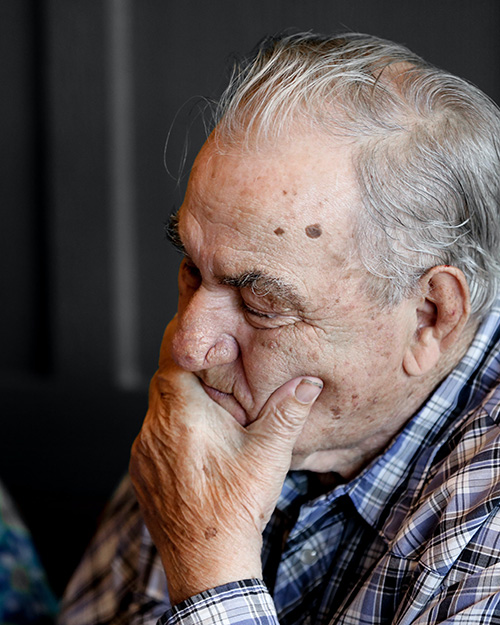
Photo by Tim Doerfler on Unsplash
Research shows that about 8 - 16% of the elderly get to this point in their lives, eventually slipping into clinical depression.
The holiday season can be a contributing factor to this because during seasons like these, there is a tendency for older people to find themselves in isolated situations. This could be as a result of not being able to travel with family and friends, not having people visit them at home or at the nursing homes like usual or simply just being alone when their acquaintances at the nursing home leave for the holidays.
What are the signs of depression?
It must first be understood that depression is different from the occassional sadness or seasonal affective disorder, although it is quite easy to confuse these concepts. Sadness is a common normal feeling that people may experience, usually from the loss of something or someone dear to them.
Naturally, this feeling fades away as the mind learns to cope with that grief. On the other hand, seasonal affective disorder is a type of depression that is associated with a change in season, usually late autumn and winter. Also known as SAD, it is thought to be caused by a lack of sunlight. Depression on the other hand, is a medical diagnosis arrived at by putting into consideration a host of factors.
There are signs to look out for before the diagnosis of depression is considered some of the signs of depression in the elderly include:
- Feelings of worthlessness
- Anxiety
- Increased sleep time and reluctance to get out of bed
- Loss of appetite
- Loss of weight
- unexplainable fatigue and listlessness
- Lack of concentration
- Suicidal thoughts
Whenever the above signs are noticed, they are red flags that require prompt actions to be taken.
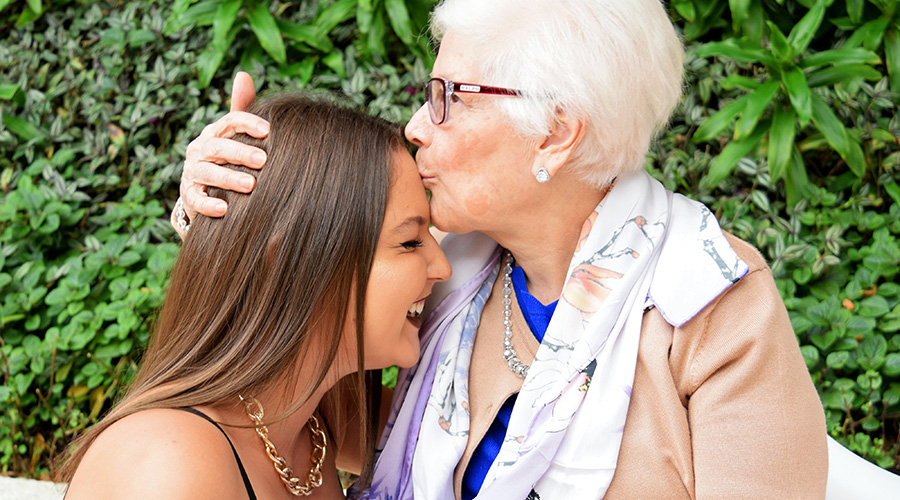
Photo by Hillary Peralta on Unsplash
Ways to prevent isolation and depression among the elderly during the holidays
What loved ones can do
How do you know when a loved one is close to the threshold of depression and what can you do about it? How can people help to prevent this from happening to the elderly people around them especially during the holiday season? You could find the following tips helpful at a time like this.
Plan events around them
Keeping in mind that elderly people may not be able to travel long distances or may have an aversion to cold and winter season due to health reasons, it helps if family members can plan trips and gatherings around the elderly loved one. Trips and gatherings can be arranged such that seasons are put into consideration and in locations that would require smaller road or air travel time to get to, if at all.
Pay attention
Pay close attention to them. Sometimes they may give out clues to what they are feeling either vocally or in mannerisms. It is by paying close attention to them that these pointers are picked up early.
Make their presence matter
Even in old age, people want to still feel that their presence is well acknowledged and that their opinions still matter. It is important not to bruise this ego by making them feel irrelevant and outdated. With age comes a wealth of experience and knowledge and they have a lot to contribute to the holiday plans.
Help with tasks
One of the best ways to show elderly people that you love them and make them happy is to help out with their daily tasks. If you have an elderly one in your life , this holiday season is a good time to be around them, help them lift a bucket or dice up the veggies in the kitchen. Doing such mundane tasks together helps with bonding and mood elevation, asides the fact that it could help prevent the elderly person from hurting or overstraining themselves.
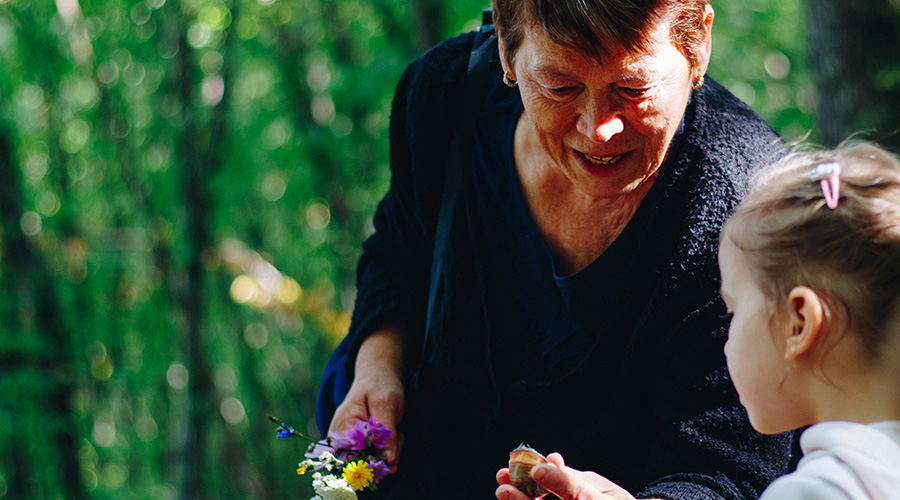
Photo by Matt Chesin on Unsplash
What elderly persons can do
Volunteer for social activities
It is not advisable for elderly persons to keep go themselves. The holiday season is a good time to engage in volunteer activities at religious or social gatherings. Socialization is one of the surest ways to improve your mental health. When not actively engaged with socialization groups, you can carry out other beneficial tasks like reading an engaging book, watching a movie or listening to your favorite songs.
Make new traditions
You should understand that you can no longer live in the past. You may have to give up old ways of doing things and adopt newer ones that best fit your age and any existing health condition. Rather than dwell on the past and feel sorry about the changes happening in your present life, adapt, adopt and improvise in the areas of your physical appearance, diet and activities.
Eat healthy
Good food is the best form of medicine. Eating right helps to boost your immunity and maintain hormonal balance. An imbalance of hormones and other blood chemicals can be a sign of, as well as a cause of depression. It is also advisable to avoid non-prescription drugs and food substances and drinks that could affect your mood negatively such as alcohol and recreational drugs.

Photo by Louis Hansel on Unsplash
Exercise
It is established that as little as 30 mins of mild daily exercise can help to keep your heart healthy. Exercise also helps to elevate mood and outlook on life. Have an exercise routine that you adhere to. It doesn’t have to be fancy or straining, just simple aerobic exercises, taking a walk around the neighborhood or using the stairs multiple times can suffice.
Beware of triggers
Be aware of those things that could trigger depressive episodes in you. Make plans months ahead if you have to go on a journey for the holidays. If you will be spending time away from family, have your schedule organized ahead of time, making arrangements for all the things you can do to keep yourself engaged. Avoid family squabbles when with the family and do not try to attain perfection.
Seek professional help
When signs of depression are noticed, it is best to seek the help of a professional. Just like any other health condition that affects us and for which we need professional intervention, depression is also a sickness that can be managed. Do not try to go through it all by yourself.
The holidays is a time of fun, merry making and love. It takes the collective effort of both the aged, the caregiver, the health care professional, and family and friends to help prevent feelings of isolation amongst the elderly people in our lives and the consequent depression this could cause. Share the love this holiday season.
